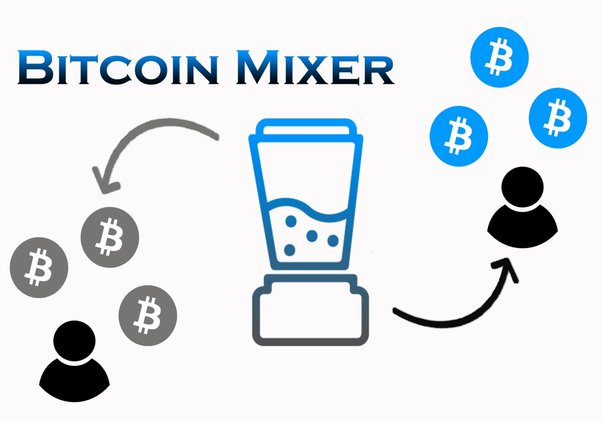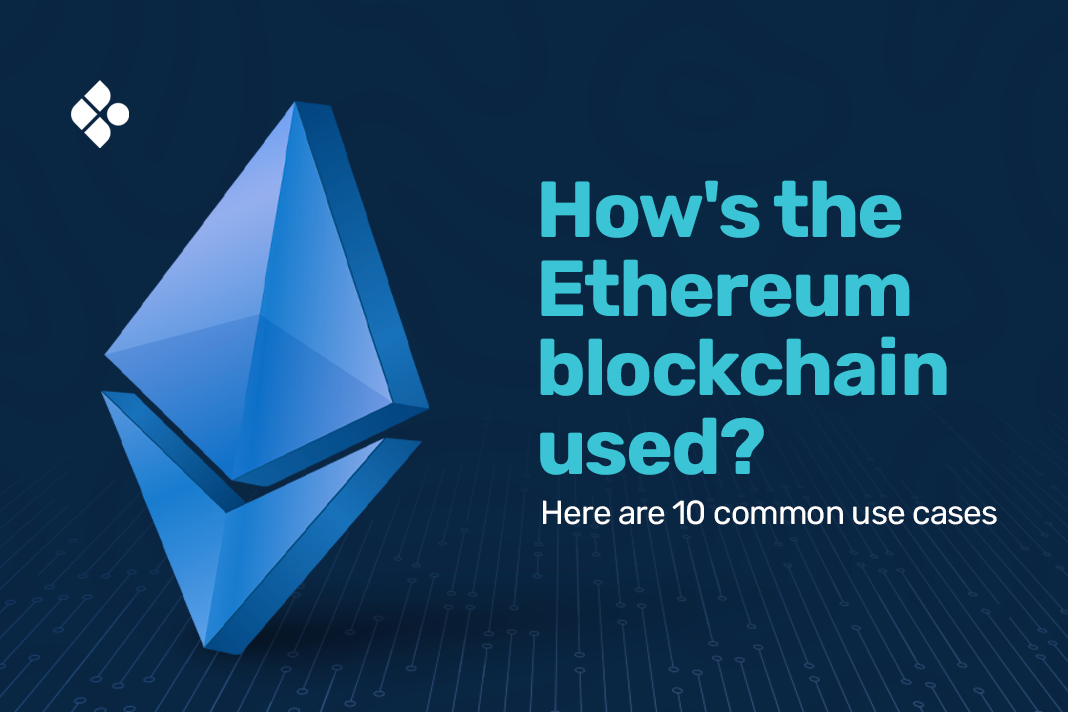When most people hear Bitcoin, their first thought is often: “anonymous internet currency” — a tool for privacy lovers, and in some cases… shady characters. After all, no banks, no real names, no paperwork — just long wallet addresses and cryptographic technology.
Sounds untraceable, right?
Well, not exactly.
While Bitcoin is often perceived as anonymous, it’s actually pseudonymous — meaning your real name might not be attached to your wallet, but your entire transaction history is public and permanent on the blockchain’s public ledger — forever.
That’s right: over $1 Trillion has been recorded on Bitcoin transactions, and anyone with an internet connection can see it. Furthermore, depending on the types of transactions you have done, your real name and information, may also be traceable.
Let’s break it all down.
Understanding Bitcoin and The Blockchain
Bitcoin, launched in 2009 by the mysterious Satoshi Nakamoto, wasn’t just the first cryptocurrency — it was also the beginning of a new era in technology. Why? Because Bitcoin introduced us to the revolutionary concept of a blockchain.

A blockchain is a type of digital ledger, but unlike traditional bank ledgers kept behind closed doors, this one is public, decentralized, and immutable. In simpler terms:
- Anyone can view it
- No one can secretly change it
- It’s maintained by a network of users, not a single authority
Here’s how it all connects:
- Every time someone sends or receives Bitcoin, that action becomes a transaction.
- Thousands of transactions are grouped into a block.
- Blocks are validated and added to a chain — hence the name blockchain.
- Each transaction has a unique hash, showing:
-
- Wallet addresses of sender & receiver
- Transaction status & amount
- Network fees, block data, and more.
- This chain of blocks is stored on thousands of computers around the world —That’s what makes it decentralized, and transparent.
But here’s the kicker:
Each transaction is tied to wallet addresses, not real names. This has led many to believe Bitcoin is “anonymous.”
But the truth? It’s pseudonymous. Your name isn’t shown, but every transaction is recorded in public view — permanently.
The moment your wallet address gets linked to your identity (say, through a centralized exchange that requires your KYC information), anyone (including governments) can trace your entire transaction history. That’s why government agencies, cybersecurity firms, and even scammers use blockchain analysis tools to track Bitcoin movements.
So, while Bitcoin was born from the dream of financial freedom and privacy, it didn’t exactly deliver full anonymity.
How People Try To Stay Anonymous On The Blockchain
Now that we’ve established Bitcoin isn’t truly anonymous, let’s talk about the ways people try to increase their privacy.
Spoiler alert: some work, some don’t—and some can even get you in legal trouble.
Crypto Mixers / Tumblers
These are services that shuffle your crypto with other people’s money, then return “clean” coins to new addresses. The goal is to mask the wallet addresses and the amount sent/received.
For example, if you have 2 BTC you intend to mask the path, you could deposit it into a crypto tumbler with the coins of many others. Eventually, you may provide 5 new wallet addresses and get your coins out in fractions of what you put in (such as: 0.1BTC, 0.3 BTC, 0.5BTC, 0.7BTC, 0.4 BTC). This way, the path of the crypto transaction is masked, and the trail is lost at the tumbler.

Crypto Mixer/Tumbler| Credit: Moralis
Due to illicit transactions, and money laundering committed on the blockchain with crypto tumblers, the U.S. government have termed them illegal, and even sanctioned popular crypto tumbler, Tornado cash, alleging that the crypto mixer had been illegally used to launder over $7 billion since its inception.
Other examples include: Samurai Wallet’s Whirlpool, Mixero, Bitcoin laundry, etc.
It is important to know that crypto tumblers do not guarantee absolute anonymity; it just makes tracing harder.
Using Privacy Coins To Stay Anonymous
Instead of Bitcoin, some users opt for cryptos designed for privacy. Unlike typical blockchains that store transaction records publicly, these blockchains greatly limit the details that are displayed publicly. They only leave minimal information for a transaction, so that the sender and receiver can confirm the status of the transaction with the blockchain.
Some examples are:
- Monero (XMR) – Stealth addresses, private by default
- Zcash (ZEC) – Offers optional “shielded” transactions
- Dash (DASH) – Offers PrivateSend to mix transactions
Bitcoin Anonymity vs Privacy Coins: A Comparison Table
| Feature | Bitcoin (BTC) | Monero (XMR) | Zcash (ZEC) | Dash (DASH) |
| Privacy Level | 🔓 Low – All transactions are public & traceable | 🔐 Very High – Default private with stealth addresses | 🔐 Medium-High – Optional privacy via “shielded” txs | 🔐 Medium – Optional privacy via PrivateSend |
| Anonymity | ❌ Pseudonymous – not truly anonymous | ✅ Anonymous by default | ✅ If shielded addresses are used | ✅ Optional anonymity |
| Public Ledger | ✅ Fully visible to everyone | ❌ Transaction details hidden from public view | 🔁 Hybrid – transparent & shielded txs coexist | ✅ Public but PrivateSend obscures history |
| Traceability | ✅ Easily traceable with blockchain explorers | ❌ Practically untraceable | ⚠️ Shielded txs hard to trace, transparent ones easy | ⚠️ PrivateSend makes tracing harder but not impossible |
| Used for Everyday Payments | 🟡 Rarely (fees & speed can be issues) | ✅ Growing merchant adoption (e.g., VPNs, gift cards) | 🟡 Some adoption (mainly for privacy-conscious users) | ✅ Used in some remittance/payment services |
| Transaction Fees | 💸 Moderate (varies with network congestion) | 💸 Low | 💸 Low to Moderate | 💸 Low |
| Transaction Speed | 🐢 ~10 minutes average | ⚡ ~2 minutes | ⚡ ~1–2.5 minutes | ⚡ InstantSend for fast txs (~1–2 seconds) |
| Privacy Default Setting | ❌ No privacy by default | ✅ Privacy is always on | ❌ Users must opt-in to shielded txs | ❌ PrivateSend must be enabled manually |
| Legal/Regulatory Scrutiny | 🟡 Widely accepted but tracked by governments | 🔴 High scrutiny – banned in some countries | 🔴 Some scrutiny – exchanges delist shielded ZEC | 🔴 Often flagged due to PrivateSend feature |
| Best For… | 💰 Long-term value storage, global asset | 🕵️♂️ Maximum transaction privacy | ⚖️ Balancing privacy and transparency | 💸 Fast, cheap payments with optional privacy |
Note: Due to their nature, privacy coins are not easily found on crypto exchanges; hence, they are harder to buy and sell.
Creating New Wallets Frequently
Some users create a fresh wallet address for every transaction to reduce traceability. While this can help, if any of those wallets are ever linked to your identity, it can unravel the whole web. Think of it like using burner phones—but if one gets compromised, the pattern exposes you.
Using Decentralized Exchanges (DEXs)
Instead of going through centralized, KYC-heavy platforms like Binance, some use Decentralized Exchanges (DEXs) like Uniswap or Pancakeswap, Raydium, etc. where you can swap crypto without registering an account. It avoids linking to your name, but again, the transactions are still on the blockchain and traceable with enough effort.
You may also get traced via a third-party. Especially when you have communicated with the said party, and that person has their KYC information linked to their wallet address.
Frequently Asked Questions (FAQs) About Bitcoin’s Anonymity
1. Is Bitcoin anonymous?
Bitcoin is pseudonymous—not anonymous. Your name isn’t tied to your wallet address, but every transaction you make is permanently recorded on the public blockchain. If your identity is ever linked to an address (through KYC, IP data, etc.), your entire transaction history can be exposed.
2. Can anyone trace Bitcoin transactions?
Yes. Anyone can explore the blockchain using tools like Blockchair or Blockchain.com. For deeper tracing, blockchain analytics firms like Chainalysis help governments, exchanges, and law enforcement track activity across addresses.
3. Do governments monitor blockchain activity?
Absolutely. Many governments actively work with blockchain analytics companies to trace illicit activity. Even if you’re not doing anything illegal, high privacy usage might attract attention.
4. Is using a Crypto mixer legal?
It depends on where you live. Some countries view mixers as money laundering tools. The U.S. sanctioned Tornado Cash in 2022. Even if you’re using them for privacy—not crime—you could still raise red flags.
5. Is it possible to delete past transactions on the blockchain?
No, you can’t. Blockchains are built to be immutable, meaning once data is recorded, it can’t be changed or deleted. That’s great for transparency and auditability—but bad if you want to erase the online trail of your transactions and stay private.
Final Thoughts
Bitcoin isn’t truly anonymous — and that’s both a strength and a weakness. Transparency builds trust, but limits privacy.
However, as a user, it is important that you understand how the blockchain works, so you can navigate the crypto space more confidently. If privacy is a top concern, privacy coins like Monero or Zcash might offer stronger options—but they come with their own risks and trade-offs.
At the end of the day, staying informed is your best security.
Want more insights on crypto privacy, secure trading, and blockchain tips?
Explore the Breet Blog — where crypto gets real, simple, and stress-free.







